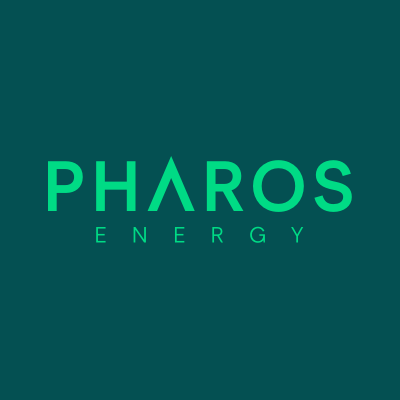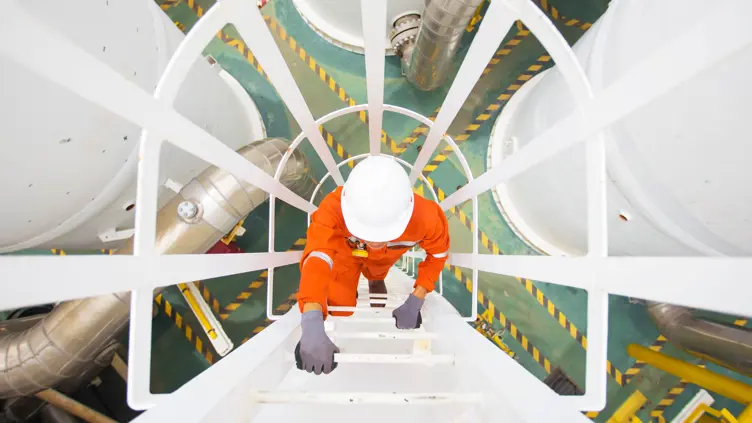London‑listed Pharos Energy has secured a two‑year extension for its exploration activities in Blocks 125 and 126 offshore Vietnam, taking the deadline from 8 November 2025 to 8 November 2027. This move won approval from the Vietnamese authorities on 10 June and follows an earlier two‑year extension granted in June 2023. The repeat approval, made within 48 hours earlier this week, reflects growing alignment between national energy policy and Pharos’s strategic timelines.
On Block 125, sedimentary plays visible in 2D seismic data are said to reveal credible source, expulsion and migration systems, offering a solid platform for a future commitment well. Seismic data interpretation, particularly deeper sections, has flagged enhanced prospectivity, while an independent CPR showed prospective oil resources potentially ranging from ~1.2 bn bbl (1U) to nearly 30 bn bbl (3U), with a mean estimate of ~13.3 bn bbl. This is the kind of optionality that capital‑market investors prize, especially when undertaken with eyes wide open.
Pharos now enters a phase of deliberate acceleration. Senior management has reportedly held conversations with potential farm‑in partners and rig contractors to firm up drilling plans for Block 125. That the company continues to invest in its producing Vietnam assets (Te Giac Trang and Ca Ngu Vang) while preserving an exploration timeout shows prudent capital prioritisation. The mature fields, with production at ~4,361 boed in 2024, anchor cash flow, giving confidence to underwrite more speculative drilling plans farther afield.
From an investor standpoint, the implications are two‑fold. First, Pharos has managed to secure runway for a high‑impact optional drilling programme without committing to near‑term capex — preserving flexibility. Second, each extension lowers the pressure to rush into sub‑optimal drilling conditions; instead, decisions can be sequenced based on farm‑down economics, rig schedules, and rigour in seismic rework.
The timing is relevant. Global E&P capital allocation remains cautious, and rig markets continue to see price rigidity. Pharos’s extended licensing affords it the ability to enter those markets at a better point, while selectively partnering to dilute risk. Vietnam, as a host nation, has shown steadier commitment to incentivising exploration, allowing independent firms like Pharos to engage in a more deliberate, converse‑way play.
Given the size of the prospective resource, even a single well with commercial discovery could be transformative. With a drilling window now extended, clarity around partners and fiscal terms could crystallise between now and late 2027, setting up a potential inflection point for Pharos’s valuation, depending on how operatorship, economics and fiscal regulation evolve over the next 24 months.
Pharos Energy Plc (LON:PHAR) is an independent energy company with a focus on delivering long-term sustainable value for all stakeholders through regular cash returns and organic growth, underpinned by a robust cash flow and resilient balance sheet.







































